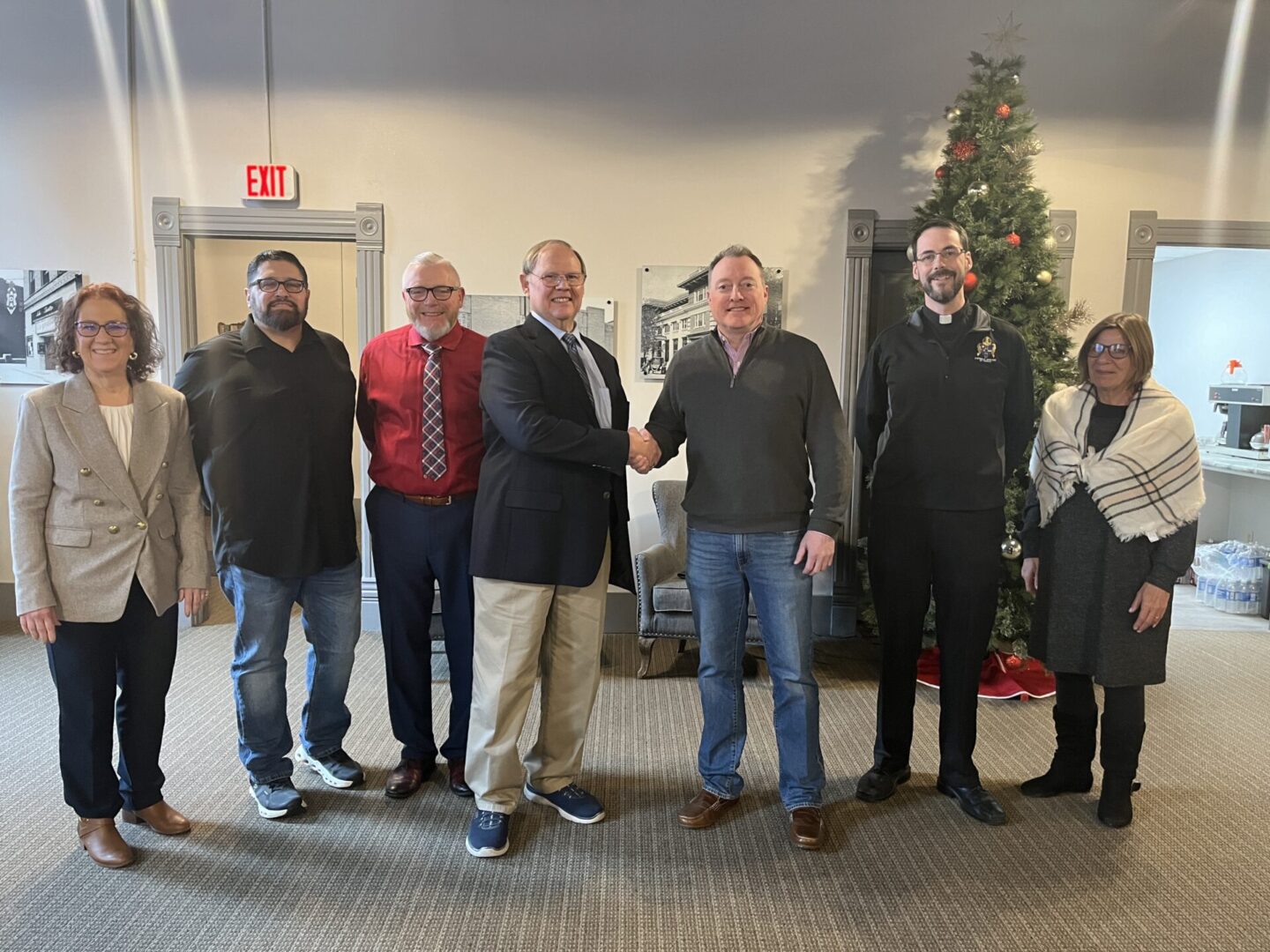If you’re getting close to retirement, you’re probably thinking about the ways your life will soon be changing. And one key transition involves your income – instead of being able to count on a regular paycheck, as you’ve done for decades, you’ll now need to put together an income stream on your own. How can you get started?
It’s helpful that you begin thinking about retirement income well before you actually retire. Many people don’t – in fact, 61% of retirees wish they had done better at planning for the financial aspects of their retirement, according to an Edward Jones/Age Wave study titled Retirement in the Time of Coronavirus: What a Difference a Year Makes.
Fortunately, there’s much you can do to create and manage your retirement income. Here are a few suggestions:
• Consider ways to boost income. As you approach retirement, you’ll want to explore ways of potentially boosting your income. Can you afford to delay taking Social Security so your monthly checks will be bigger? Can you increase your contributions to your 401(k) or similar employer-sponsored retirement plan, including taking advantage of catch-up contributions if you’re age 50 or older? Should you consider adding products that can provide you with an income stream that can potentially last your lifetime?
• Calculate your expenses. How much money will you need each year during your retirement? The answer depends somewhat on your goals. For example, if you plan to travel extensively, you may need more income than someone who stays close to home. And no matter how you plan to spend your days in retirement, you’ll need to budget for health care expenses. Many people underestimate what they’ll need, but these costs can easily add up to several thousand dollars a year, even with Medicare.
• Review your investment mix. It’s always a good idea to review your investment mix at least once a year to ensure it’s still appropriate for your needs. But it’s especially important to analyze your investments in the years immediately preceding your retirement. At this point, you may need to adjust the mix to lower the risk level. However, you probably won’t want to sell all your growth-oriented investments and replace them with more conservative ones – even during retirement, you’ll likely need some growth potential in your portfolio to help you stay ahead of inflation.
• Create a sustainable withdrawal rate. Once you’re retired, you will likely need to start taking money from your IRA and 401(k) or similar plan. But it’s important not to take too much out in your early years as a retiree, since you don’t want to risk outliving your income. A financial professional can help you create a sustainable withdrawal rate based on your age, level of assets, family situation and other factors.
By planning ahead, and making the right moves, you can boost your confidence in your ability to maintain enough income to last throughout your retirement. And with a sense of financial security, you’ll be freer to enjoy an active lifestyle during your years as a retiree.
***This article was written by Edward Jones for use by your local Edward Jones Financial Advisor. Edward Jones, Member SIPC***















